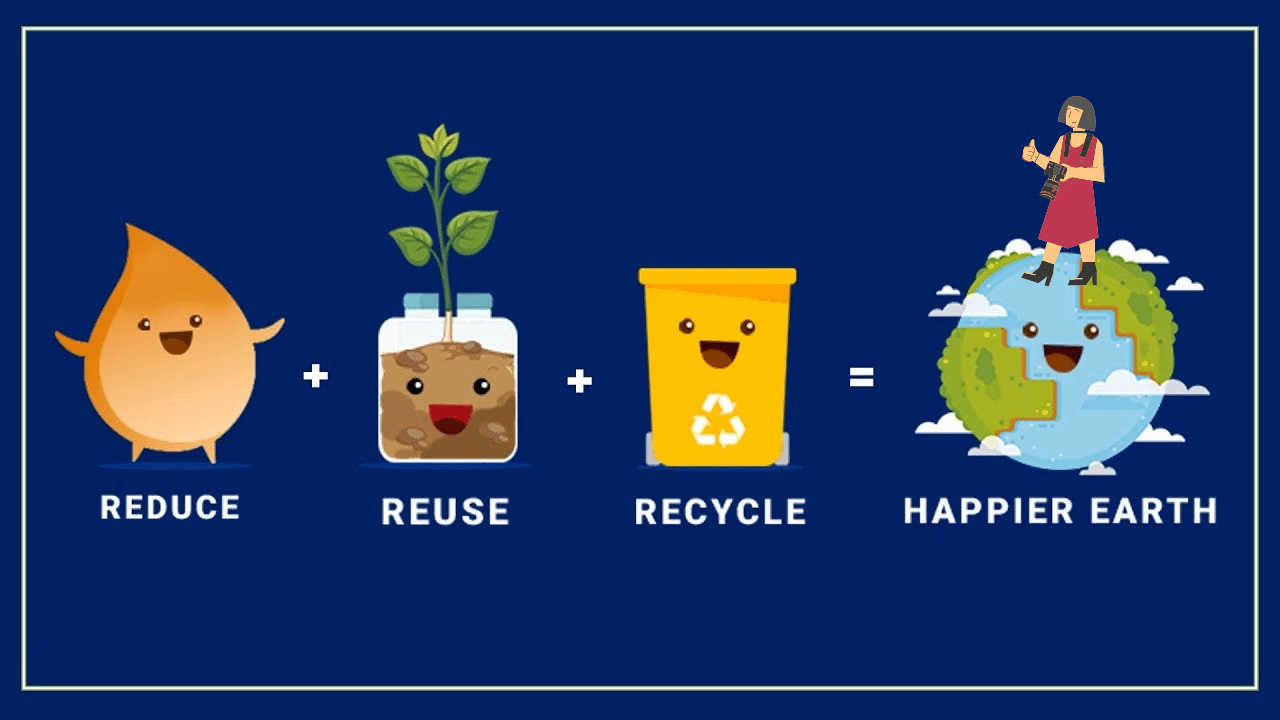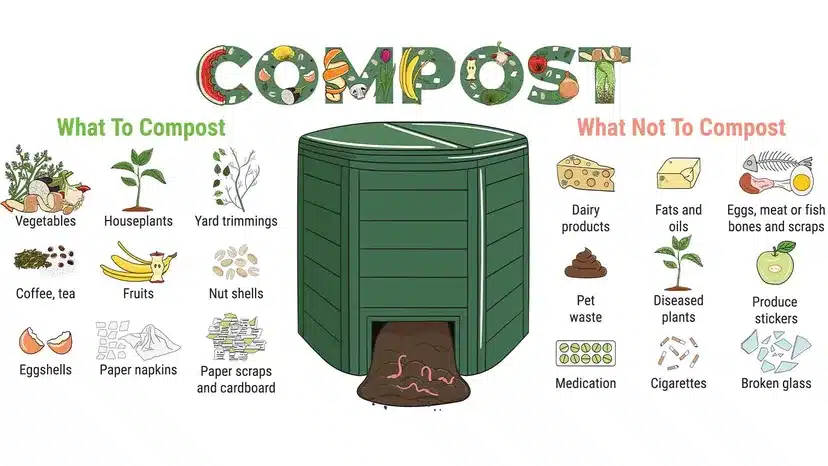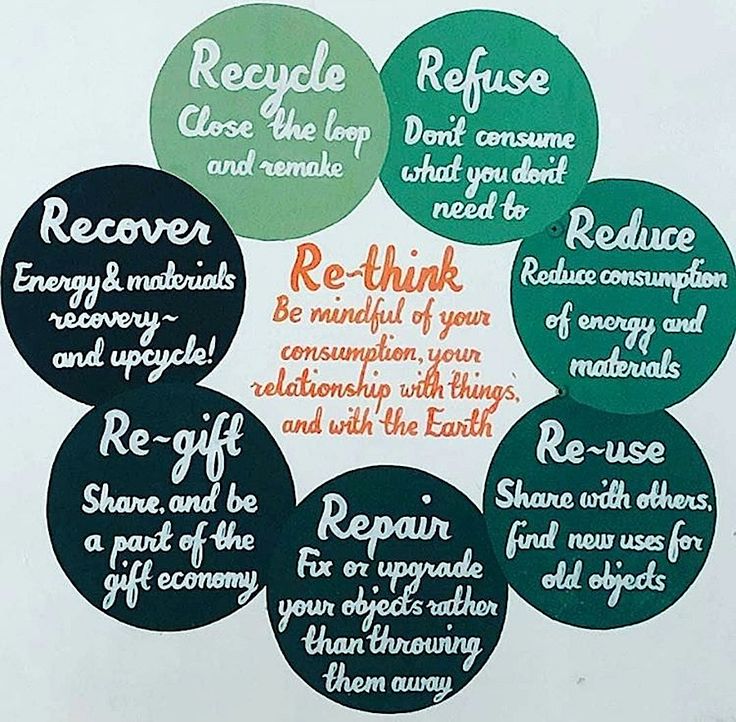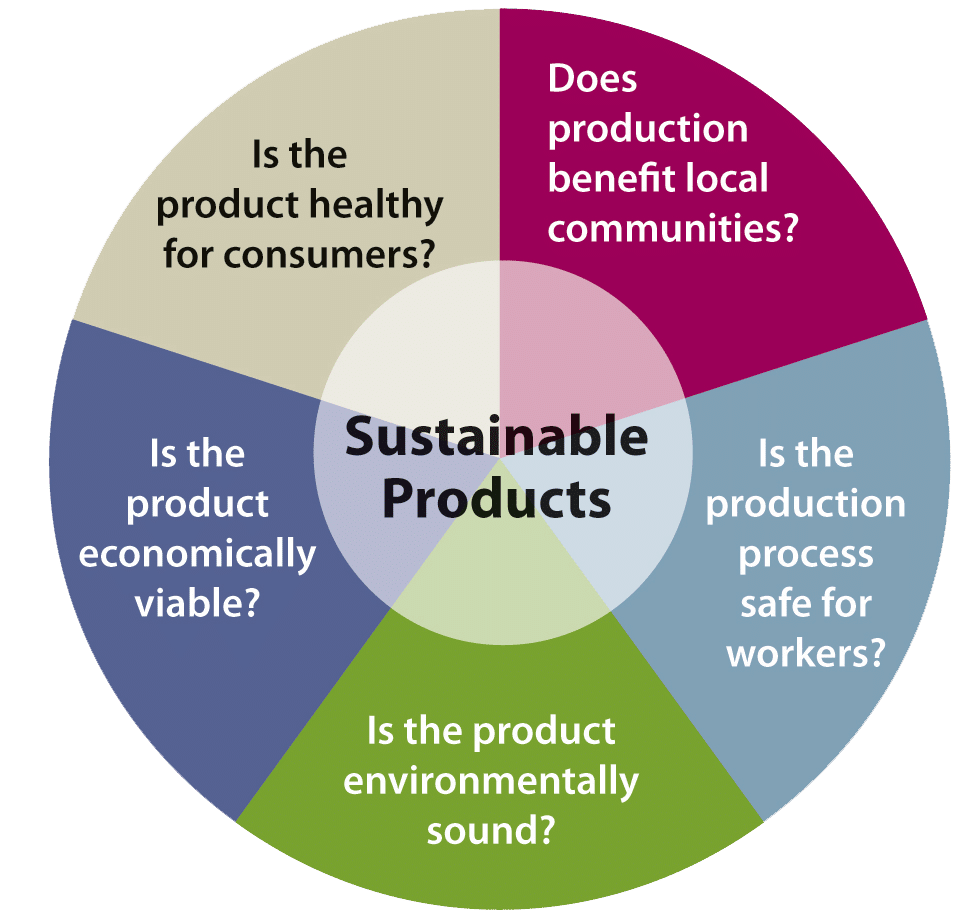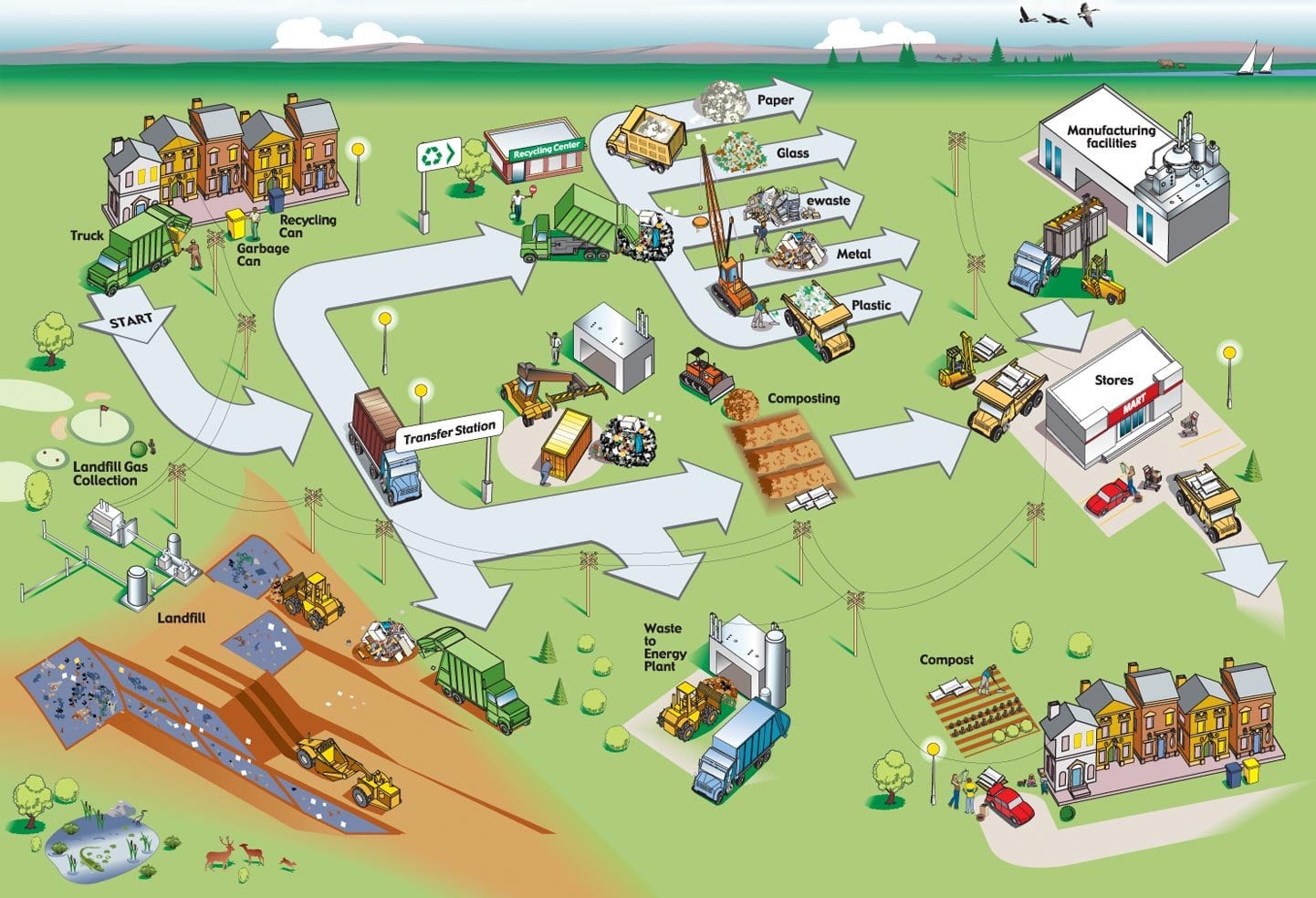5 Tips on How to Reduce Waste
Waste is becoming a major issue worldwide. Every year, the amount of waste we produce grows, leading to serious environmental problems like pollution, overflowing landfills, and harm to wildlife. Reducing waste isn’t just good for the planet; it also saves money and resources. By cutting down on waste, we can lower our carbon footprint and help create a cleaner, healthier world for future generations.
This article will share five practical tips that anyone can use to reduce waste in their daily lives. These simple steps can make a big difference, showing that small changes can lead to significant results.
Embrace the 3 Rs – Reduce, Reuse, Recycle
Reduce
Reducing waste begins with mindful choices. The best way to cut down on waste is to buy only what you need. When shopping, opt for items with minimal packaging. For example, choose loose fruits and vegetables instead of pre-packaged ones. This small change can significantly lower the amount of waste you produce. By focusing on reducing, you take the first and most crucial step toward a more sustainable lifestyle.
Reuse
Before throwing something away, ask yourself if it can be used again. Reusing items saves money and keeps more waste out of landfills. For instance, repurpose glass jars as storage containers or turn old clothes into cleaning rags. Investing in durable, long-lasting products also reduces the need to frequently replace items, further cutting down on waste. By reusing, you’re giving products a second life and reducing your environmental impact.
Recycle
Recycling is the final step in the 3 Rs, but it’s just as important as the others. Proper recycling ensures that materials like paper, plastic, and metal are transformed into new products instead of ending up in landfills. Familiarize yourself with your local recycling guidelines, as not all materials are accepted everywhere. Separate recyclable items from general waste and make it a habit to recycle whenever possible. By recycling, you’re helping to conserve natural resources and reduce the overall waste burden.
Compost Organic Waste
Benefits of Composting
Composting is a simple way to reduce the amount of waste that ends up in landfills. When organic waste like food scraps and yard trimmings decompose in landfills, they release methane, a potent greenhouse gas. By composting, you not only reduce waste but also create a rich, natural fertilizer that can enhance the quality of your garden soil.
Getting Started with Composting
Starting a compost pile at home is easier than you might think. All you need is a designated space in your yard or a compost bin. Begin by layering organic materials such as fruit and vegetable scraps, coffee grounds, and yard waste like leaves and grass clippings. It’s important to balance “green” materials (like food scraps) with “brown” materials (like dry leaves) to ensure proper decomposition.
Make sure to turn the compost regularly to allow air into the pile, which helps speed up the breakdown of materials. Over time, you’ll notice the pile shrinking and turning into dark, crumbly compost that’s ready to use in your garden.
What to Compost
Not all organic waste is suitable for composting. Here are some common items that can be composted:
- Fruit and vegetable scraps
- Coffee grounds and filters
- Eggshells
- Grass clippings and leaves
- Shredded newspaper and cardboard
- Tea bags (make sure they are compostable)
Avoid adding meat, dairy products, and oily foods to your compost pile as these can attract pests and slow down the composting process.
By composting your organic waste, you reduce the amount of garbage sent to landfills and create a valuable resource for your garden. It’s an easy step that makes a big difference in reducing waste and supporting a sustainable lifestyle.
Mindful Consumption
Plan Before You Buy
Being mindful of what you purchase can significantly reduce waste. Start by planning your meals for the week. Make a shopping list of only the items you need. This helps you avoid buying things on impulse that you might not use. By sticking to your list, you’ll save money and cut down on food waste.
Quality Over Quantity
When you buy items, think about their quality. Investing in higher-quality products may cost more upfront, but these items often last longer. This means you won’t need to replace them as often, which reduces waste. For example, choosing a durable water bottle instead of buying single-use plastic ones can make a big difference over time.
Avoid Single-Use Items
Single-use items, like plastic straws, cups, and utensils, contribute heavily to waste. These products are used once and then thrown away, adding to the trash in landfills. Consider using reusable alternatives. For instance, carry a metal straw, a reusable cup, or your cutlery when you go out. Small changes like these can lead to a significant reduction in waste.
Opt for Sustainable Products
Switching to sustainable products is one of the most effective ways to reduce waste. By making conscious choices, you not only help the environment but also save money in the long run.
Eco-Friendly Alternatives
One of the simplest ways to cut down on waste is to replace disposable items with reusable ones. Start by swapping out plastic bags for sturdy, reusable bags. These can be used hundreds of times and keep plastic out of landfills. The same goes for water bottles and food containers—opt for stainless steel or glass options that can be cleaned and reused.
Another way to reduce your waste footprint is by choosing biodegradable or compostable products. These items break down naturally, leaving behind no harmful residue. Compostable plates, utensils, and even trash bags are now widely available and easy to integrate into your daily routine.
Support Sustainable Brands
Supporting companies that prioritize sustainability is another powerful way to reduce waste. Look for brands that use recycled materials in their products or have programs in place to minimize their environmental impact. Many companies now offer transparency reports or certifications that show their commitment to eco-friendly practices. By purchasing from these brands, you encourage more companies to adopt sustainable practices.
Long-Term Investment
While sustainable products might have a higher upfront cost, they are often more durable and cost-effective over time. For example, investing in a quality set of reusable containers can save you from constantly buying disposable ones. Similarly, choosing products made from sustainable materials like bamboo or organic cotton reduces the need for frequent replacements. Over time, these choices add up to significant savings and a smaller environmental footprint.
By opting for sustainable products, you contribute to a healthier planet while also benefiting from long-term savings. Making small changes in your shopping habits can lead to big results in reducing waste.
Donate and Share
Donate Unused Items
Instead of letting unused items collect dust, consider donating them to those in need. Gently used clothes, furniture, and electronics can be valuable to charity organizations or community groups. By donating, you give your items a second life and help reduce waste. Plus, donations often qualify for tax deductions, providing an added incentive to give back.
Share Resources
Another effective way to cut down on waste is by sharing resources. Borrowing, renting, or lending items within your community reduces the need for everyone to own the same things. Whether it’s tools, books, or even kitchen appliances, sharing helps minimize waste and fosters a sense of community. Websites and apps make it easy to connect with others who are willing to share.
Community Involvement
Getting involved in your community is a powerful way to promote waste reduction. Organizing or participating in community swap events is a great start. These events allow people to trade items they no longer need for something they do. It’s a win-win situation—participants clear out clutter while acquiring new items without spending money. Plus, it keeps perfectly good items out of landfills.
By donating, sharing, and getting involved in your community, you not only reduce waste but also build stronger connections with those around you.
Conclusion
Reducing waste is a practical and essential step toward a more sustainable future. By embracing the 3 Rs—Reduce, Reuse, and Recycle—you can minimize the amount of waste that ends up in landfills. Opting for sustainable products not only helps the environment but also saves money in the long run. Composting organic waste is another simple way to reduce waste while enriching your garden. Practicing mindful consumption encourages thoughtful buying habits, and donating or sharing items can extend their useful life.
Start implementing these tips today to make a positive impact on the environment. Every small change you make contributes to a larger, collective effort to reduce waste and protect our planet.
Remember, individual actions add up. By adopting these waste-reduction strategies, you’re not only making a difference in your own life but also helping to create a cleaner, healthier environment for everyone.

